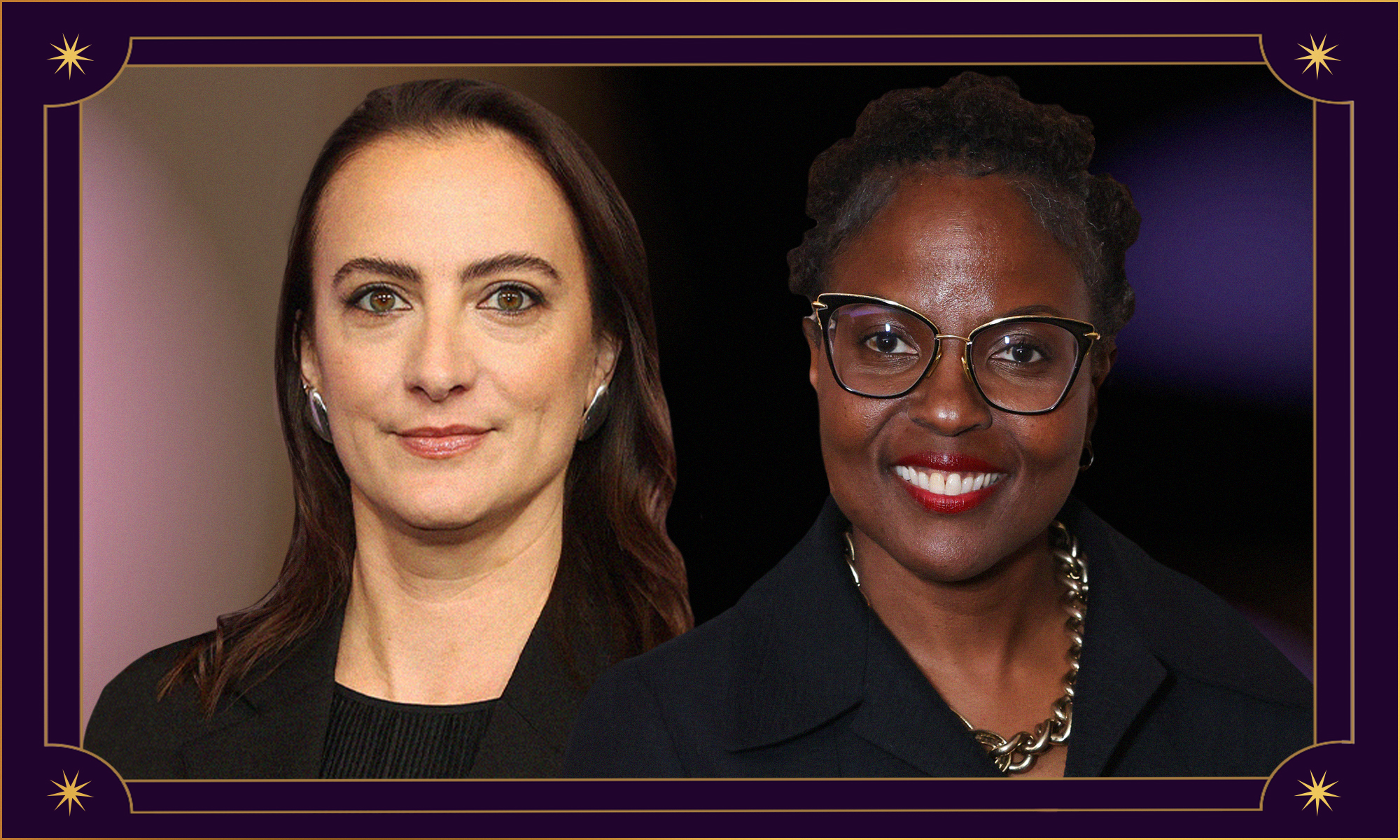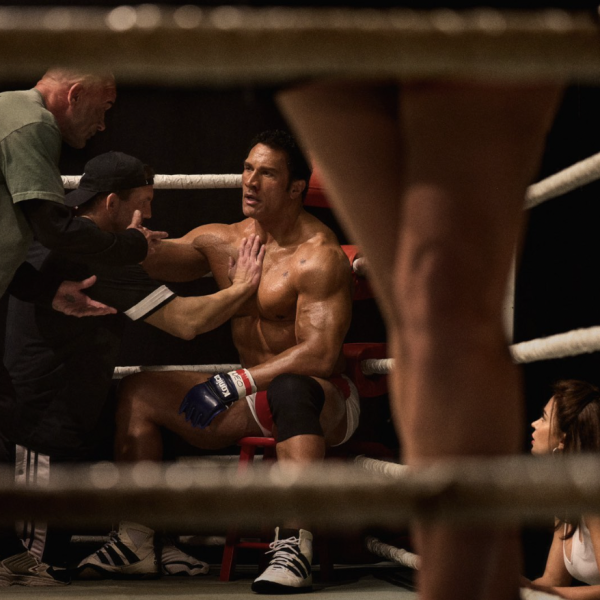
On December 5, the IndieWire Honors Winter 2024 ceremony will celebrate the creators and stars responsible for crafting some of the year’s best films. Curated and selected by IndieWire’s editorial team, IndieWire Honors is a celebration of the filmmakers, artisans, and performers behind films well worth toasting. We’re showcasing their work with new interviews leading up to the Los Angeles event.
It was Girls for a Change CEO Angela Patton‘s 2013 TED Talk that compelled documentary filmmaker Natalie Rae to reach out to her to co-direct “Daughters.” The moving Netflix-released documentary, one of the most lauded nonfiction films of the season, centers on a father-daughter dance between incarcerated dads and their kids at Washington, D.C. jail. This eight-year journey, from pre-production to the Sundance premiere earlier this year, follows Aubrey, Santana, Raziah, and Ja’Ana as they prepare to reunite with their fathers who are behind bars for reasons the film never explains — because it was, after all, meant to be a film about Black girls and preparing them for the world, and the world for them.
“I just was really attracted to her storytelling skills and her voice. Her TED Talk was always ringing in my head. So it just felt like a much more exciting collaboration to do it with each other and teach each other our worlds and our skills, and make the film as deep as possible,” Rae told IndieWire during a recent interview at the International Documentary Film Festival Amsterdam (IDFA).
“One of the things that attracted me to wanting to tell the story of Date with Dad and bring visibility to Girls for a Change … was how [the film] was approached as a collaborative effort and really just leaning on who has access, fundraising skills. We both can bring that to the table,” Patton said at IDFA. “Also, I’ve done many of the Date with Dad programs before, so Natalie trusted that we needed to not reinvent the wheel, just see how naturally it unfolds. And so, that was something that made me feel comfortable about telling a story, especially of Black girls because of the protection that I usually have to have with them.”
Patton’s nonprofit Girls for a Change endeavors to give Black girls under-supported by their communities the resources to become leaders through skill-building and sisterhood-building. But “Daughters” isn’t a mere message movie — it’s a pure cinematic experience on its own terms, one shot on 16mm inside the correctional facility by DP Michael Fernandez.
“It was so important that she’d done it so many times and knew how to put those chairs in a row, how to bring the families together, how to create that moment both for the families and for the cameras to not be interrupted,” Rae said.
For shooting on film, Rae said, “It was definitely something that was contentious when we wanted to do that for a creative choice. Of course, with having limited footage and knowing that you’re going to be limited on certain things, reloading, of course, our investors were very nervous and felt like, ‘Why would you make that choice? And it’s also a lot more expensive.’”
“That was the one element that we could control. So, we filmed act one on an Alexa camera, so it was digital. And then when you get to the dance it goes to 16mm,” Rae said. “So it really has this more timeless kind of elevated dream feeling that, I think, really, for us, helped get into the minds of what the families would experience and the memory that would last with them forever. We were really lucky in the end that we made that choice and that our partners agreed to do that with us.”

While Patton has supervised many a father-daughter dance, she said that the one captured for “Daughters” was among the most intimate despite its scale. “The gymnasium that we used was the largest space we’ve ever had before in other facilities. And I think that that’s what made it stay intimate, because people were able not to be up close and personal in their space, although there were many more people,” she said.
“What I really respect about when Natalie and I wanted to make sure it did not happen is that we [did not invade] the space. It still was intimate for them, just the mic on the families,” co-direct Patton added. “No one interviewed them. No one went up to them to make sure they move this way or move that way. Everybody was clear that you just have to be a fly on the wall.”
“Daughters” looks tipped for a Best Documentary Oscar nomination, so the question inevitably came up whether the filmmakers would want to send the girls to the Academy Awards. Patton is protective of them and noted that the experience could prove overwhelming for anyone who’s not had an experience like that before.
“It would be an absolute dream to give that world to that kind of experience. It would be my little surprise and happiness,” Rae said, but Patton added, “It could also be damaging. This is something that we have to protect because when people even interview us and they ask us, ‘How was this girl doing?,’ they’re expecting to see the part two of ‘Daughters.’ And they’re still young people. And so, you have to [think], are they prepared for people to be like, ‘Oh, Aubrey, how’s your dad? What’s going on?’ We are not going to re-traumatize them with people who do not know how to approach them.”
Patton said, “You have to ask them if they’re ready, because some people are not ready for that. We have to respect that because I’m not going to just have them in a pony show when I know it can be harmful. But there are other ways that we are celebrating them through making sure that they have an education fund, making sure that when we have impact screenings. If you want to come, you can speak up. Making sure that they have access to wellness care. Right? That’s celebrated, too.”
“Daughters” is now streaming on Netflix.


